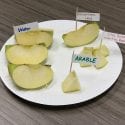
An apple is sliced into pieces to model the amount of agricultural land being used on Earth...
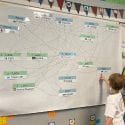
Students construct a word web to show the possible cause and effect relationships of a growing population....

Riddles that help students conceptualize large numbers and understand the concepts of exponential growth and doubling time.

Students observe a demonstration of how much water is available on the planet for human consumption and...
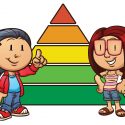
Elementary-level reading on people’s needs and wants, and how individuals and groups access the things they need.
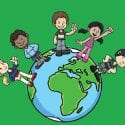
Elementary-level reading that discusses populations and the habitats that support them.
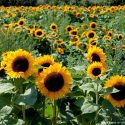
Students use small manipulatives and a sampling method to estimate the population of flowers in a field....
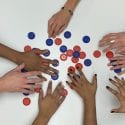
In a simulation game, students draw renewable resources from a common pool and determine short-term consumption strategies...
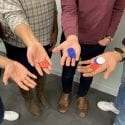
Students compete for global resources and experience the inequity of global resource distribution, and then trade to...
PopEd Impact
campuses
"The activities not only bring out important content, but they also provide real-world context for environmental, population and sustainability issues. They engage participants in very thought-provoking and critical-thinking discussions.”
Helen de la Maza, Environmental Educator, Irvine, CA

